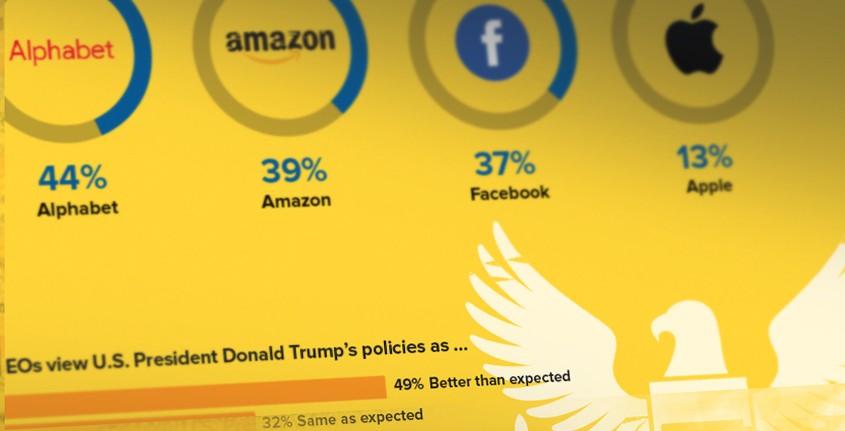Browser History: Battling Those Big Challenges
Letters to the Editors
 Could a lateral move help your career? Does one of your direct reports get under your skin? What is the best way to adjust to an open office plan? Harvard Business Review (HBR)’s advice podcast Dear HBR: aims to help you tackle these problems and many others. Throughout the series, hosts and HBR editors Alison Beard and Dan McGinn address various workplace issues submitted by listeners primarily by picking the brains of experts from universities, including Northwestern University’s Kellogg School of Management and University of Michigan’s Ross School of Business. Think of it as Dear Abby for workplace dilemmas.
Could a lateral move help your career? Does one of your direct reports get under your skin? What is the best way to adjust to an open office plan? Harvard Business Review (HBR)’s advice podcast Dear HBR: aims to help you tackle these problems and many others. Throughout the series, hosts and HBR editors Alison Beard and Dan McGinn address various workplace issues submitted by listeners primarily by picking the brains of experts from universities, including Northwestern University’s Kellogg School of Management and University of Michigan’s Ross School of Business. Think of it as Dear Abby for workplace dilemmas.
Available on: HBR.org, iTunes, Stitcher
AI’s Holy Grail

Artificial intelligence (AI) is becoming ubiquitous, but it is a ways from achieving omniscience. Sure, AI can win Jeopardy! and tell Facebook what ads will appeal to you. And AI-backed tools are facilitating breakthroughs in health care, manu
facturing and other sectors. But there is one thing AI has had a lot of trouble with: winning the ancient Chinese board game Go. Researchers designing software specifically for that task reached an impasse.
“Everything we’ve ever tried in AI, it just falls over when you try the game of Go,” a lead researcher declares above a suspenseful soundtrack in the trailer for the documentary AlphaGo. The film, released last year and available on Netflix, follows the journey of a computer program built by Alphabet-owned DeepMind as it prepares to go head to head against Go World Champion Lee Sedol in South Korea. The “man versus machine” storyline will hook you even if you have never played the game it revolves around.
Available on: Netflix
This Is Your Life: Clear the Air
Greenery can do more than just add color to your office—certain plants can help remove harmful toxins from the air. Try some of these and breathe a little easier.
Snake plant (Sansevieria trifasciata)

Also known as mother-in-law’s tongue, this plant can help remove formaldehyde (found in consumer paper products and many household cleaners) and benzene (found in everything from ink and rubber to paints and plastics) from the air. It is a particularly good choice if you do not have a green thumb—it is known as one of the hardest houseplants to kill.
Peace lily (Spathiphyllum)

This plant helps rid the air of benzene and formaldehyde, like the snake plant. But it also can act to filter out acetone, which comes from electronics and adhesives. The peace lily also can handle a little neglect, but note that because of its white blooms, it usually will produce some pollen and a floral scent.
Spider plant (Chlorophytum comosum)

This plant can help combat benzene, formaldehyde, carbon monoxide and xylene, a solvent used in the leather, rubber and printing industries that humans can become exposed to through ground contamination. A bonus? Spider plants are easy to propagate—just place a “spiderette” in a glass of water for a week or two, and you are on your way. In the long run, any spider plant is best placed on a pedestal or hung in a basket to accommodate its plentiful foliage.



